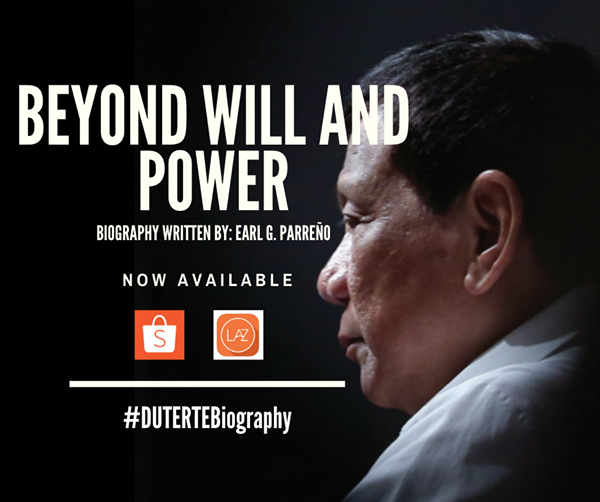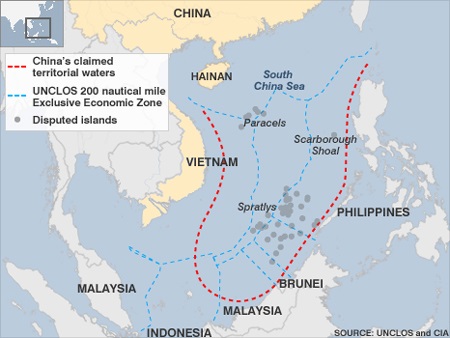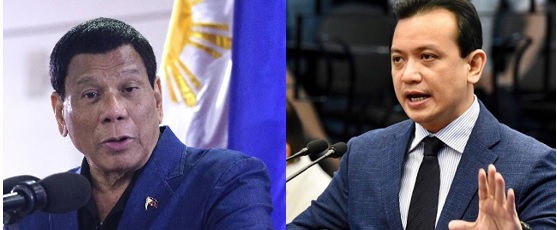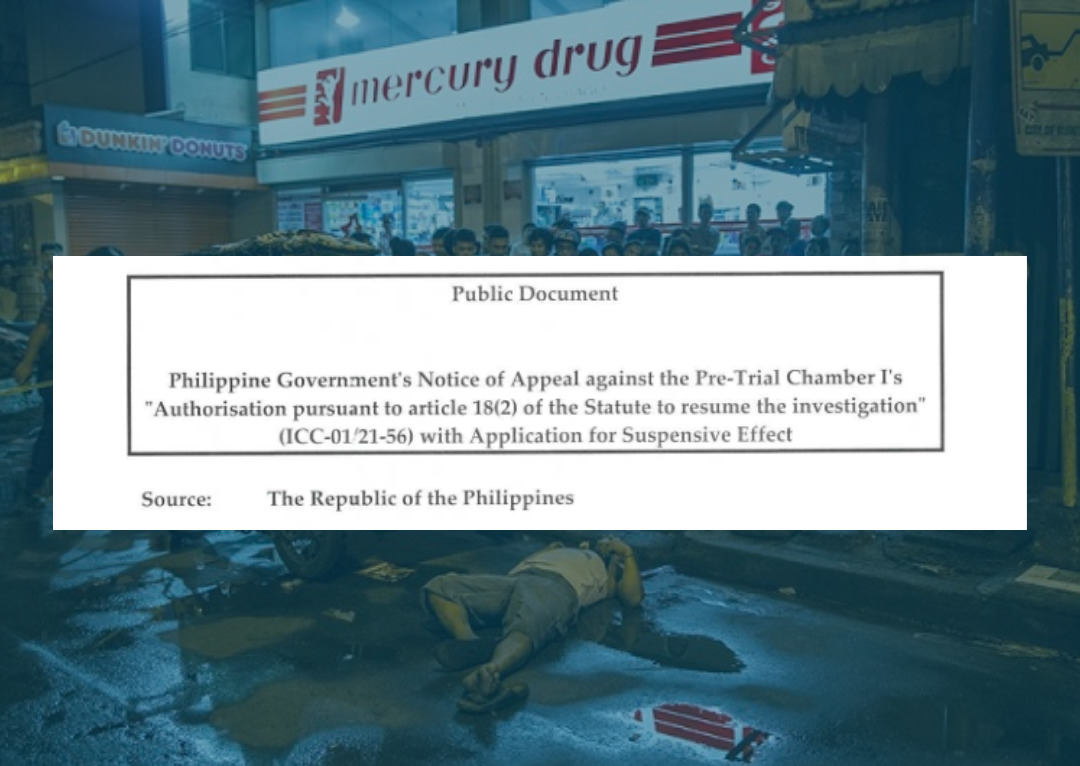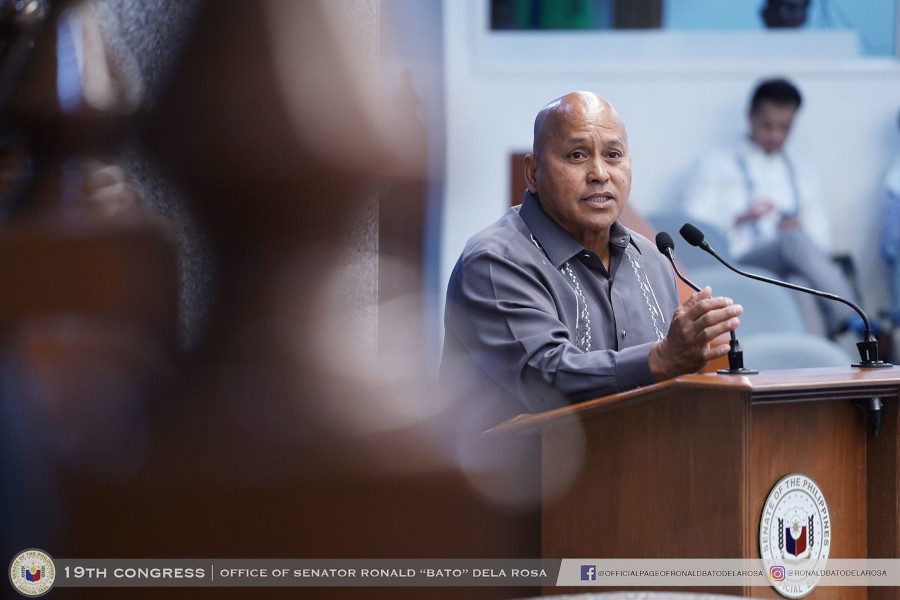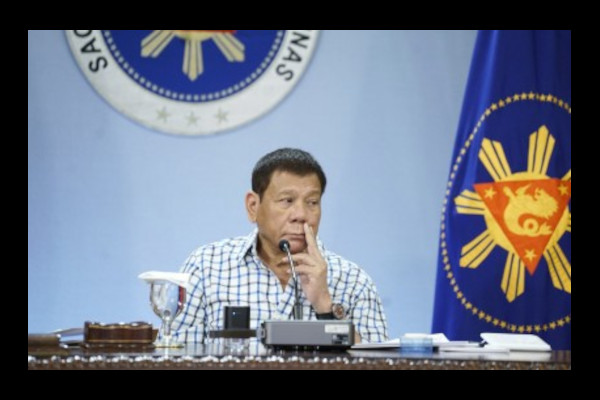Earl Parreño’s latest book, a political biography of Rodrigo Duterte, enjoyed a brief burst of publicity when it came out in late 2019. There were book launches and TV talk shows. Now, people seem to be turning to it for insights into the President’s psyche. In her recent interview with Parreño, Marites Dañguilan Vitug, of the online news agency Rappler, hoped he would shed some light on the government’s shambolic Covid-19 response. The author rightly pointed to Duterte’s unshakeable preference for listening only to loyal friends and not to those most qualified. Parreño has also claimed that Duterte is influenced by Friedrich Nietszche, the President’s “favorite philosopher,” whose ideas on “will” and “power” inspired the title of his book.
Parreño, a former journalist and an experienced political biographer, is clearly drawn to controversial figures. His book Boss Danding, published in 2003, was on the late Eduardo ‘Danding’ Cojuangco, one of President Marcos’ closest associates.
Duterte was mayor of Davao City for 22 years. One doesn’t hold on to power that long without political nous and cunning wheeling and dealing. But he also displayed a flair for the common touch. Davao residents gladly recount stories of the mayor doling out money and personal favors. More chillingly, he dispensed justice in ways that circumvented the law and due process. From 1998 to 2015, the year Duterte stepped down, 1,424 people were killed by police, hired killers and even, as Duterte himself admits, by his own hand. Most of the victims, allegedly, were drug addicts and petty criminals. Many were children.
Rather than react with shock and outrage, the mayor’s constituents were persuaded by his paternalism and distribution of largesse. Victims were considered “undesirables,” “dirt,” and “got what they deserved.”As Parreño writes: “What Digong [Duterte] succeeded in doing was not making Davao City crime-free but putting in place a system of resolving crimes that has become acceptable and seen [as] reasonable by most of the city’s residents.”
Duterte’s ruthless law and order mentality and the genesis of his anti-drug war were punchily explored in Duterte Harry: fire and fury in the Philippines (2018), by Jonathan Miller. Parreño’s Duterte biography is better at getting to grips with the intricacies of Filipino family trees and the complexities of political maneuverings.
Duterte, for instance, claims a modest, common man background and indigenous Maranao blood. Parreño put paid to this outlandish self-mythologizing. He traces Duterte’s ancestry to the late 19th century, beginning with an illegitimate Spanish-Chinese maternal grandfather named Eleno Roa Fernandez. This forefather benefited from the considerable resources of his landed family in Cebu and became mayor of a town on Leyte for a few years before migrating in the early 20th century to Mindanao, where he took advantage of American concessions to homesteaders, which included logging rights and easy land ownership.
Duterte’s paternal Chinese mestizo grandfather, Facundo Buot Duterte, amassed farmlands and ran a hacienda in Danao, a town north of Cebu, where his father, Vicente, was born. Facundo’s descendants would later forge political links that would prove decisive for Vicente’s personal career. With a few elopements and more illegitimate children along the way, the joining of the Roa and Duterte clans, by the marriage of his parents Soledad and Vicente in 1941, firmly roots his heritage in the rich soil of the Visayan upper middle classes.
In 1951, Vicente, who had become a lawyer, moved his family to Davao. By this time, they had four children, Eleanor (the eldest), Rodrigo, Jocelyn and Emmanuel. His patron, Davao governor Alejandro Almendras, wanted him to be legal counsel. Vicente cultivated a political career beyond his law practice and succeeded Almendras to the governorship in 1959. His appointment to a cabinet post under President Ferdinand Marcos in 1965 propelled him into the national arena.
Vicente’s wife Soledad was not content with a traditional supporting role. Although she had given birth to their fifth child, Benjamin, she was an industrious and driven entrepreneur. She combined being a school teacher with civic work and looked for ways to augment their income, starting businesses in lumber and wood processing, ice-making, and fishing. She was an enthusiastic supporter of the People Power Movement that ousted President Marcos and installed Corazon Aquino in 1986. However, by 1991 she had lost confidence in Mrs Aquino and publicly urged her to step aside in favor of Vice President Salvador “Doy” Laurel.
Parreño’s account suggests that life in the Duterte home was no more dysfunctional than in homes where busy parents were apt to neglect one another and their children. By Soledad’s own admission, it was a conscious decision: “My husband and I are agreed that we no longer belong to each other and to the children but to the people.” Neither parent is remembered by their offspring for being warm and loving. Parreño describes their parenting as “impassive.” While Vicente was “mild-mannered and soft-spoken,” he didn’t have much of a hand in raising his brood.
Soledad was both feared and defied by her children. Jocelyn loved her father but resented her mother and has dark memories of the punishments she inflicted. She would shout, hit them with a stick, make them kneel on hard mung beans in front of the home altar, and not tend to them when they fell ill.
The children were left to fend for themselves. “We were pretty independent. Walang pakialaman,” Jocelyn says. She cannot recall her parents ever showing affection to one another or kissing and hugging her. Each child reacted differently to the coldness. Eleanor “just faded away,” Parreño writes. She left home as soon as she could, stayed in America and didn’t return for forty years. The younger brothers, Emmanuel and Benjamin, just laid low.
Duterte suffered his mother’s callous abuses and was badly affected by his father’s emotional remoteness. He was socially isolated at school and an unruly tearaway who sought the company of hoodlums, cops, and bar girls. He longed for his father’s attention. As he confessed: “I never experienced his love. I never remembered an instance that my father carried me.” He emerged from this upbringing vindictive, incapable of pity, and believing power is everything.
Parreño has been asked repeatedly whether he is “for” or “against” Duterte. He has consistently refused to be pigeon-holed. He wants his readers to reach their own conclusions. In a polarized political climate, it’s a calculated answer to a toxic question. Parreño understandably thinks neutrality will net him the widest possible readership.
He has posed his own question: “Why do Duterte supporters venerate him when they don’t understand him?” His aim is to educate even the most hardcore followers of the Duterte personality cult. The sources for the book appear to be many and varied, though the author does not always disclose whether they are documentary or oral. Parreño is an amicable, tactful, inquisitive, even-handed narrator, with an ear for telling details. One only wishes that his prose had more vitality and bite.
(Editor’s Note: This is an edited version of what was posted earlier)
